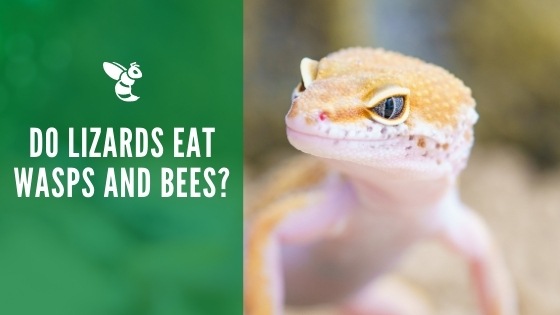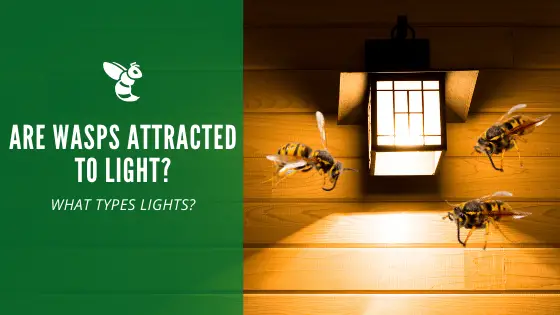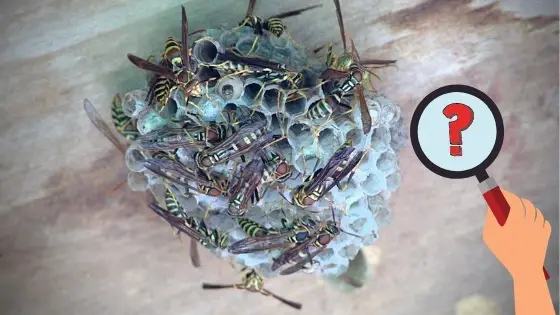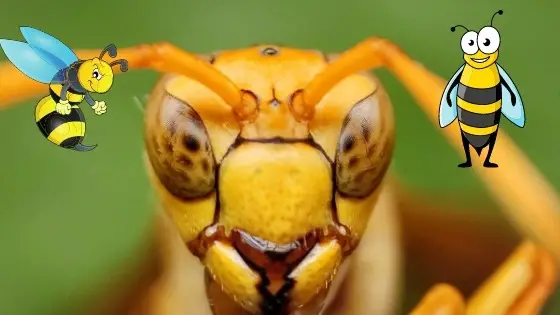Do Lizards Eat Wasps and Bees?

Many different animals will consume wasps as a meal, including lizards, skunks, raccoons, badgers, rats, and wolverines. Wasps and insects are a nutritious meal for animals, thanks to high protein content and other nutrients. This is all part of the natural food chain that we can experience in our very own backyard.
While lizards’ presence can be a great way to keep wasps under control, wasps also keep other insects under control. Caterpillars and other insects can often cause some real damage to plants and trees if their population is kept to a minimum.
Do Lizards Eat Wasps?
Different varieties of lizards love a snack of wasps so much that they will even brave an active wasp nest to get to their next meal. Not only will lizards consume wasps, but they’ll also munch on the wasp larvae that can be found inside of the nest as well.
The lizards that live out in nature will consume wasps, but this isn’t a meal you’ll want to bring inside to feed a pet lizard like a bearded dragon. Some of the lizards that we commonly make our pets would become very sick if they ate wasps. This is because of the high levels of venom that certain varieties of wasps have. It’s best to let nature run its course on its own. Wild lizards known as skinks are aware of what they can and cannot eat.
Types of Lizards That Eat Wasps
We’ve already determined that there are differences between the lizards that we find outside and those sold at a local pet store. Geckos are a lizard that is well known for dining on wasps. Lizards within the Anniellidae family only consume the larvae of wasps and other insects. Anoles, chameleons, and horned lizards all consume wasps and other insects in the wild.
Other Insects That Lizards Eat
If you find a lizard species that eat insects, they don’t tend to be very picky about what they consume. The majority of the lizards that live in the wild in the U.S. consume anything from wasps, bees, caterpillars, grubs, ladybugs, beetles, flies, worms, ants, grasshoppers, and crickets.
Lizards can move very quickly to trap and kill these insects before consuming them, but they won’t pass up a meal of insect larvae. They can often be found stalking a nest that they know is quite active. When the time is right, they will attack the nest to obtain food.
Do Lizards Eat Bees?
Lizards can be very smart predators when it comes to bees. If they find a beehive that they want to pursue as their next meal, they will often sit close to the nest to observe the bees’ behavior. They will attack at the right moment to kill and consume as many bees as they can. This is another situation where the venom in a bee can hurt a house lizard. The variety of lizard that is outdoors can consume the venom without cause for concern.
How Do Lizards Catch Bees & Wasps?
Lizards are quite smart when it comes to catching bees and other insects. They can move very slow and low to the ground as they stalk their prey. Many lizards have body coloring that can help them blend into their surroundings.
When they can get close enough, they will quickly strike, grabbing the bees or wasps with their long tongue. As they bring the bee into their mouth, they will bite down on it to crush it. With such precision and speed, they can avoid harming themselves with the bee’s stinger.
Though there have been cases of a lizard being overtaken by a swarm of wasps or bees and killed, they can usually develop a successful plan of action when attacking their prey. They know the right time to abort the mission if there are just too many bees or wasps for them to handle
Conclusion
While wasps might not seem like a delicacy to us, lizards and other animals can be found eating them regularly. If you live in a part of the country where different types of lizards can be found in your yard, you can rest assured that your wasp population will naturally be kept under control for the most part.
However, you should still keep a close eye on your property. It’s not impossible to have a dangerous wasp nest nearby, even if you have lizards around. If you are sitting in your yard one day, see if you can spot the process of a lizard lunging and capturing a wasp or bee. It’s a very interesting sight to see.



